Barry McGuire - Greenback Dollar (1967)
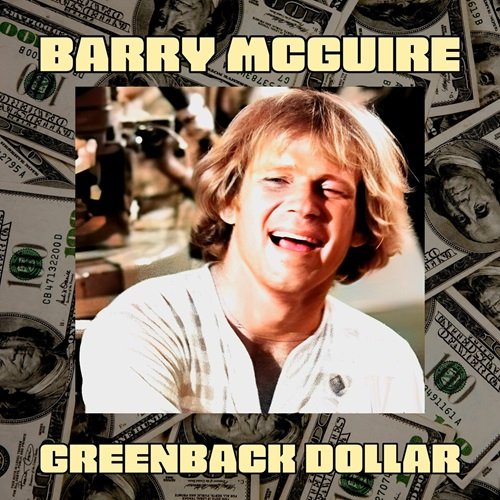
Artist: Barry McGuire
Title: Greenback Dollar
Year Of Release: 1967
Label: SPS
Genre: Folk Rock, Singer Songwriter
Quality: Mp3 320 / Flac (tracks)
Total Time: 28:49
Total Size: 72/152 Mb
WebSite: Album Preview
Tracklist:Title: Greenback Dollar
Year Of Release: 1967
Label: SPS
Genre: Folk Rock, Singer Songwriter
Quality: Mp3 320 / Flac (tracks)
Total Time: 28:49
Total Size: 72/152 Mb
WebSite: Album Preview
01. Greenback Dollar 2:27
02. Doo Dah 2:15
03. Little Boy 2:17
04. Town and Country 2:02
05. So Long, Stay Well 1:46
06. Banjo 1:57
07. The Way You Are 2:21
08. The Good Times Is All Done Now 3:14
09. Another Country 1:59
10. Oh, Miss Mary 2:38
11. Far Side of the Hill 3:35
12. Old Paint 2:19
Along with Bob Dylan's emergence came countless other folk-based "protest singers" in the early to mid-'60s, including Barry McGuire. Born in Oklahoma City during 1935, McGuire had relocated to New York City and joined up with folk revivalists the New Christy Minstrels by the early '60s. He was anointed the band's lead singer and appeared on several albums and their first hit single, "Green, Green" (which was co-penned by McGuire). Soon after, however, McGuire caught the attention of both record producer Lou Adler and singer/songwriter P.F. Sloan, resulting in the guitarist/singer leaving the New Christy Minstrels and launching a solo career, signing on with Adler's Dunhill Records. McGuire's solo debut, The Barry McGuire Album, was released in 1963, but it wasn't until two years later that McGuire scored a massive hit with the Sloan-penned track "Eve of Destruction," which topped the U.S. charts (peaking at number three in the U.K.) and was taken from his sophomore full-length, Barry McGuire Featuring Eve of Destruction. McGuire became good friends with another Adler-guided outfit, the Mamas & the Papas (who mentioned him in some of their song lyrics), while further solo albums were issued, including This Precious Time and The World's Last Private Citizen, but none spawned any singles as successful as "Eve." By the early '70s, McGuire had turned his back on folk music and he re-appeared as a Christian/gospel artist, signing on with the Myrrh label and issuing such standout albums as 1973's Seeds, 1975's Lighten Up, and a live recording, 1982's To the Bride, among countless others. McGuire put his music career on hold and moved to New Zealand in the mid-'80s with his wife, where they remained until 1990, working with the poverty organization World Vision. Upon his return, McGuire began issuing albums once more, including such titles as El Dorado, Let's Tend God's Earth, Adventures on Son Mountain, and Journey to Bible Times, before teaming up with another gospel singer/guitarist, Terry Talbot, to form an outfit called Talbot McGuire.
![David Hillyard & The Rocksteady Seven - Home For Dinner (2026) [Hi-Res] David Hillyard & The Rocksteady Seven - Home For Dinner (2026) [Hi-Res]](https://img.israbox.com/img/2026-02/19/i90pm6wt5icib19ylzpzq7dyv.jpg)
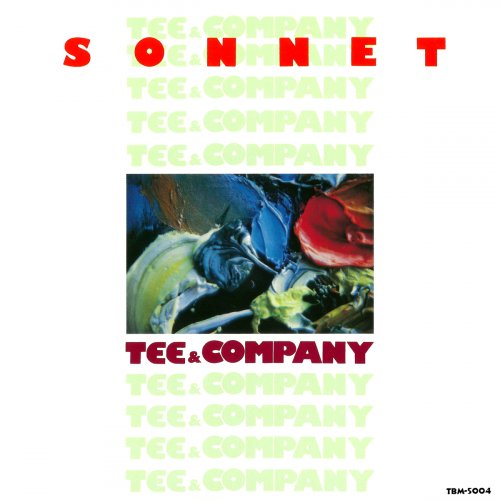
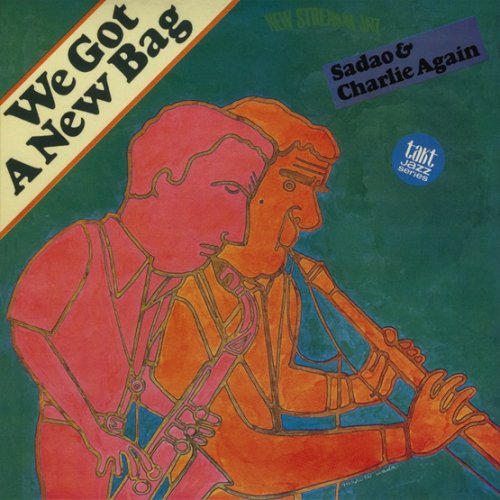
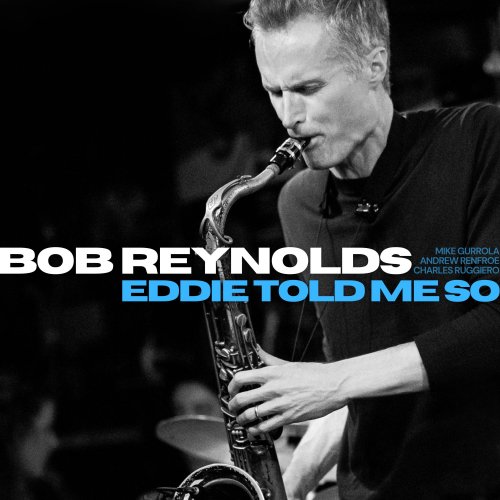
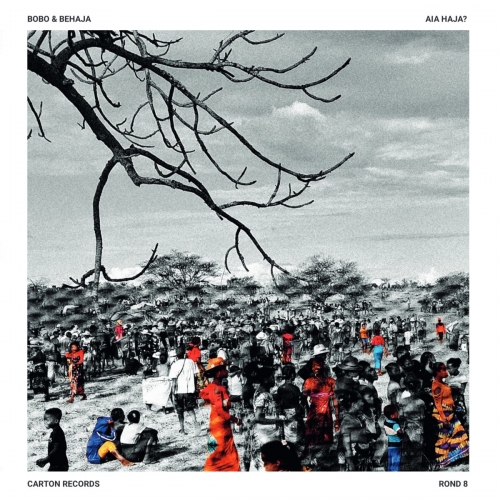
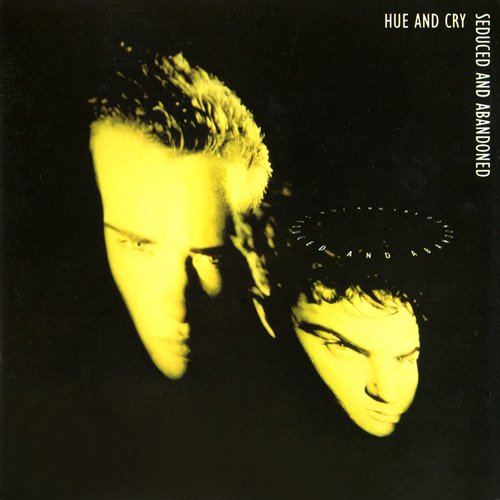
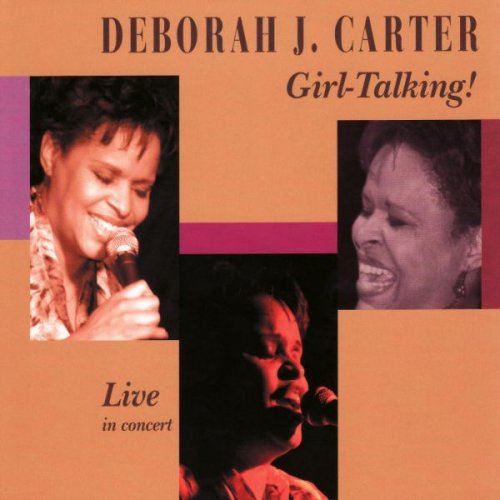
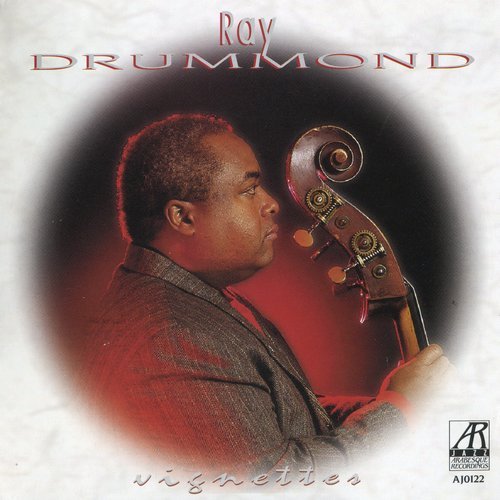
![Brandon Seabrook - Hellbent Daydream (2026) [Hi-Res] Brandon Seabrook - Hellbent Daydream (2026) [Hi-Res]](https://www.dibpic.com/uploads/posts/2026-02/1771429539_a1475136036_10.jpg)